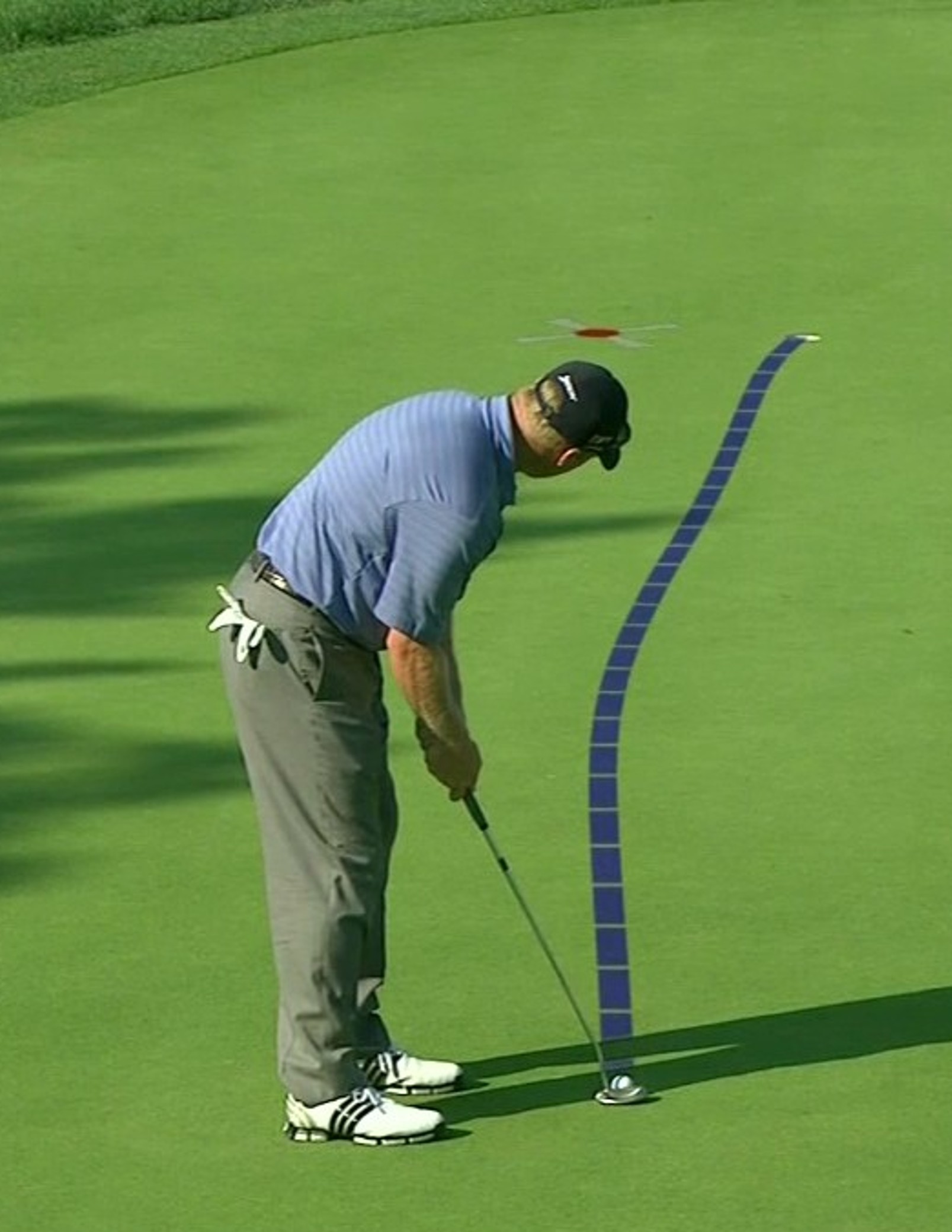

Proven results: used by multiple Major Champions and World #1’s
For over 20 years, AimPoint has enabled multiple tour players across the world to win major titles. With over 99% accuracy and over 100,000 lines of algorithms, professional and amateur golf enthusiasts use our industry leading software to continually improve their putting and revolutionize their play.
AimPoint has proven results with World #1’s on the PGA Tour and LPGA, Masters Champions, Fed Ex Cup Champions, Major Champions, Olympic Golf Medalists, and Ryder Cup and Solheim Cup Winners.
50% of PGA Tour Winners
Top players in the world such as Viktor Hovland, Dustin Johnson, Keegan Bradley, Sam Burns, Max Homa, Rickie Fowler, Justin Rose and Adam Scott have used AimPoint to win tournaments
7 World #1’s
Taught by AimPoint’s founder and developer, Mark Sweeney, these world #1’s received expertise from one of the Best Teachers in America as ranked by Golf Digest
Half of the World Top 20
Half of the top 20 men and women players in the world currently use AimPoint
Constantly innovating, evolving and regenerating players worldwide
TV virtual putting line
Our TV Virtual Putting Line is groundbreaking technology and the first of its kind in the industry. This Emmy Award winning technology allows for the graphical insertion of optimal putt overlays into golf broadcasts, adding drama and unparalleled opportunity for the viewer.
AimPoint features a whole host of industry-first features such as Wind Adjustments, Drop Point Read and Entry Speeds, but our most popular by far is our Green Heat Map. Indicating slope severity and in which direction putts break, this specialized technology gives golfers more confidence to make strategic decisions with their putting. Our Green Heat Map allows players to truly understand the green and its slopes, meaning they can enhance their aggressiveness of play and ultimately lower their scores.




Learn AimPoint
Learn From A Certified Instructor
The only way to learn AimPoint correctly and accurately is from an AimPoint Certified Instructor. Our training and continuing education program is required for all Certified Instructors and ensures that you will learn the most current concepts and methods. To check on an instructor’s status, visit our Find An Instructor page.
AimPoint was originally designed for junior and amateur golfers all over the world to quickly become expert green-readers.
AimPoint was originally designed for junior and amateur golfers all over the world to quickly become expert green-readers.
The best players in the world rely on AimPoint tio give them a competitive advantage in their green-reading accuracy.